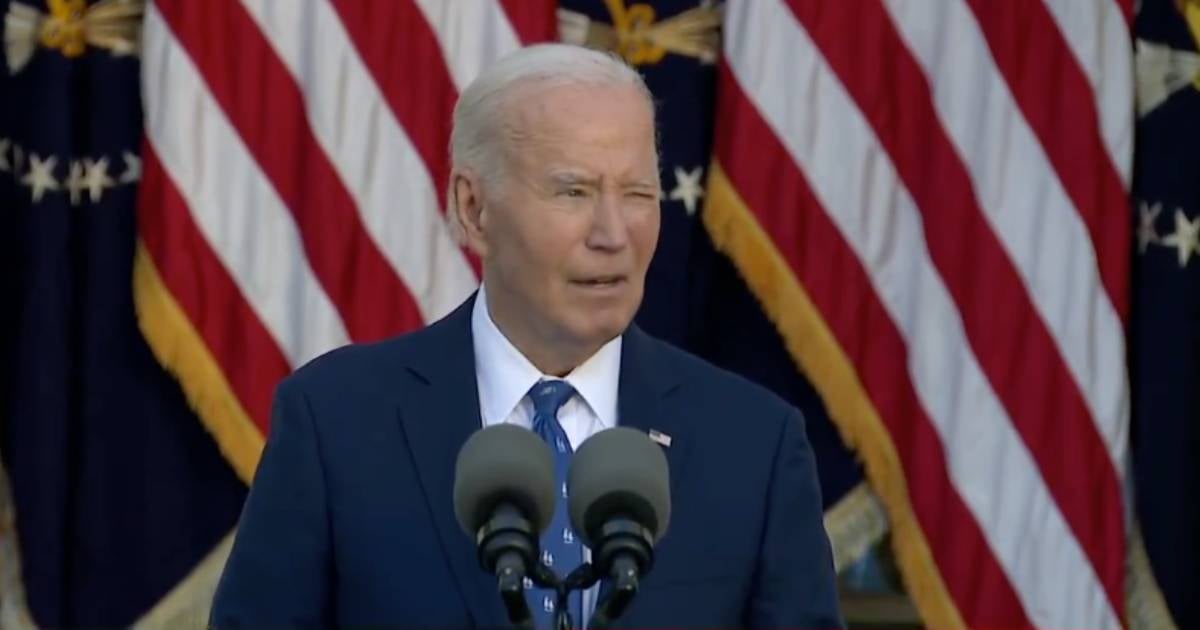
U.S. President Joe Biden announced on Tuesday that Israel and Hezbollah, the Iranian-backed Lebanese militia, have agreed to a ceasefire following negotiations led by the White House.
The agreement, which aims to end months of tension and fighting along the border between Israel and Lebanon, will take effect at 4:00 a.m. local time.
“This ceasefire is intended to be permanent,” declared Biden, who emphasized his administration's diplomatic efforts amid a conflict that has resulted in thousands of deaths and displaced more than a million people in the region.
The Israeli Security Cabinet approved the proposal with 10 votes in favor and one against. However, the Israeli government warned that it reserves the right to act against any threats to its security.
In a televised speech, Prime Minister Benjamin Netanyahu stated: "We will respond vigorously to any violation of the agreement by Hezbollah. This ceasefire will allow us to focus on other strategic threats, such as the Iranian one."
The agreement stipulates that Israeli forces will withdraw from Lebanese territory within 60 days, while Hezbollah will move back to the north of the Litani River.
About 5,000 soldiers from the Lebanese army will be deployed in the south of the country, although this force is not officially involved in the conflict.
This agreement comes amidst a context of rising violence, with recent attacks resulting in significant human and material losses on both sides.
Hezbollah launched over 200 rockets at Israel on Sunday, while Israeli airstrikes killed at least 31 people in Beirut and Tyre on Monday.
Since the onset of the clashes in October 2023, more than 3,500 people have died in Lebanon, and nearly 1.2 million have been displaced, according to the Lebanese Ministry of Health.
Israel, for its part, has lost 90 soldiers and 50 civilians, and has 60,000 residents from the north displaced from their homes.
Although the ceasefire agreement marks a significant step toward stability along Israel's northern border, it does not address the humanitarian crisis in Gaza or the negotiations for the release of hostages held by Hamas.
Biden's announcement reinforces the United States' position as a key mediator in the Middle East, although challenges remain in implementing the agreement and in pursuing a broader solution for the region.
Filed under: